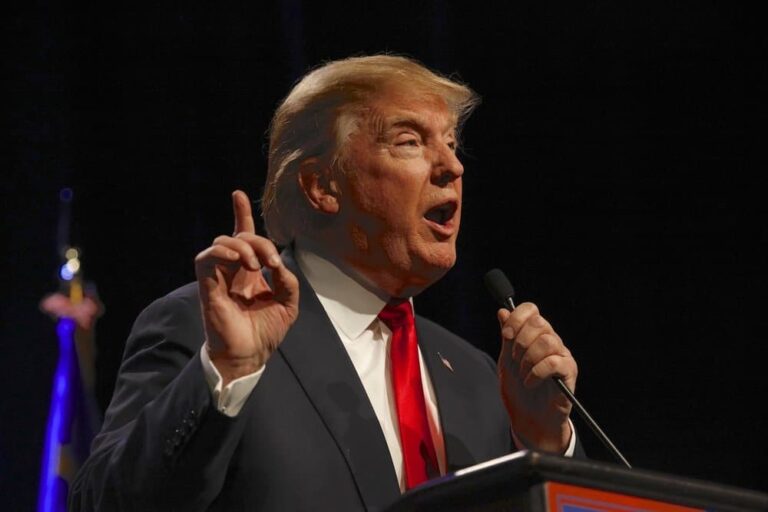Trump met with Intel CEO Lip-Bu Tan earlier this week, just days after publicly calling for his resignation. The US president spoke highly of Tan and called the conversation very interesting. Intel’s share price rose immediately.
The meeting took place together with Secretary of Commerce Howard Lutnick and Secretary of the Treasury Scott Bessent. According to Trump, they and Tan will come up with new proposals next week. However, he did not say what those proposals would (or should) be.
Last week, Trump demanded that Tan step down immediately. He claimed that the CEO had a serious conflict of interest due to his investments in hundreds of Chinese companies, some of which, according to Reuters, have ties to the Chinese military. Incidentally, US citizens are not prohibited from having interests in Chinese companies, unless those companies are on a special sanctions list. Tan’s investments are not formally covered by this, but they have led to political pressure and questions about possible risks to national security.
Tan took the helm at Intel six months ago and was given the difficult task of making the company competitive again in the chip industry. Intel has been struggling for years with delays in the production and development of advanced chips, especially in the field of artificial intelligence, where Nvidia dominates the market. Under Tan’s leadership, strategic adjustments have been made, including the divestiture of parts, thousands of layoffs, and the reallocation of resources to core activities. He is also trying to reduce losses from Intel’s contract manufacturing.
Intel wants to work closely with the government
Critics fear that Trump’s call for resignation could disrupt the recovery plans. Investors and former Intel employees have indicated that the discussion surrounding his position is distracting the company from its focus. Intel emphasizes that Tan is determined to strengthen the US’s technological and industrial position and says it will work closely with the government to secure the company’s future.
Trump’s interference is remarkable. It is rare for an American president to intervene so directly in the retention of a CEO. Earlier this week, he also interfered with chip manufacturers in an agreement whereby Nvidia and AMD would hand over 15% of their revenue from China to the US government. The situation surrounding Tan shows that the tension between technological innovation, geopolitical relations, and corporate interests is not going away anytime soon.
